Could the Jig Finally Be Up for Huma Abedin?
In FrontPage this morning I explain why the current mini-controversy over Huma Abedin bespeaks a much larger problem with America’s contemporary political culture.
They got Al Capone for tax evasion, and they may get Huma Abedin for “violating rules regarding vacation and sick leave” and for the “possible exchange of unsecured, classified data.” To be sure, these are serious charges, and the available evidence makes it abundantly clear that there is ample warrant to investigate and perhaps even charge Abedin. However, it is a sign of a serious problem with today’s political culture that even more serious allegations regarding Abedin have never been investigated, and almost certainly never will be.
Huma Abedin’s Muslim Brotherhood connections have been fully exposed by Andrew McCarthy and bruited about for years. The facts are quite public, albeit largely ignored: Abedin’s parents are both members of the Muslim Brotherhood, but her links to the organization are not just familial. Abedin was for twelve years the assistant editor of the Journal of Muslim Minority Affairs (JMMA), which was founded by Abdullah Omar Naseef, a Muslim Brotherhood operative and al-Qaeda financier. Naseef and Abedin both appeared on the JMMA’s masthead from 1996 to 2003.
Consider that Abedin worked closely for seven years with a member of the Muslim Brotherhood who financed al-Qaeda in light of the Obama Administration’s foreign policy during the years that Hillary Clinton was the Secretary of State. Everyone acknowledges that Abedin and Clinton are extremely close, and that Abedin controls access to Clinton and has tremendous influence over her. Hillary Clinton’s tenure at the State Department was distinguished by the remarkable sight of Egyptian anti-Muslim Brotherhood protestors holding signs denouncing the President of the United States for supporting terrorism, and by the Benghazi debacle, when the Secretary of State sat back and did nothing as jihad terrorists murdered four Americans, including an ambassador.
Then there was the Benghazi cover-up, during which Clinton vowed to have a man who made a video criticizing Muhammad arrested and imprisoned for supposedly provoking the riots, thereby placing herself firmly in opposition to the freedom of speech and aligning herself with the Organization of Islamic Cooperation’s efforts to compel Western governments to criminalize criticism of Islam (under the guise of “incitement to religious hatred”).
Is it at all possible that Huma Abedin, whose parents were active in the Brotherhood and who worked for twelve years for a journal closely linked to the Brotherhood, had anything to do with the pro-Muslim Brotherhood orientation of the Obama/Clinton State Department? In today’s poisonous political culture, it isn’t possible even to ask the question without incurring charges of “Islamophobia” – as we saw in 2012, when Representative Michele Bachmann (R-MN) had the temerity to call for an investigation of possible Muslim Brotherhood infiltration of the U.S. government.
Bachmann explained: “The concerns about the foreign influence of immediate family members is such a concern to the U.S. Government that it includes these factors as potentially disqualifying conditions for obtaining a security clearance, which undoubtedly Ms. Abedin has had to obtain to function in her position. For us to raise issues about a highly-based U.S. Government official with known immediate family connections to foreign extremist organizations is not a question of singling out Ms. Abedin. In fact, these questions are raised by the U.S. Government of anyone seeking a security clearance.” And that was to say nothing about Abedin’s association with Naseef and work with the JMMA.
Now that Abedin is suspected of mishandling classified material, Bachmann’s questions about Abedin’s security clearance are piquant in retrospect. But when she first raised them, Bachmann was ridiculed and vilified, even earning a denunciation from John McCain: “These sinister accusations rest solely on a few unspecified and unsubstantiated associations of members of Huma’s family, none of which have been shown to harm or threaten the United States in any way. These attacks on Huma have no logic, no basis, and no merit. And they need to stop now.”
It was actually about more than just Abedin’s family, and a perfectly sound case could be made, in light of Obama’s foreign policy disasters, that Abedin’s Muslim Brotherhood links possibly did harm and threaten the United States. But Bachmann’s name was dragged through the mud in 2012 for talking about all this, and now none of the new allegations against Abedin raise any issue with her possible Muslim Brotherhood connections.
That few people care about those connections, and that those who do are dismissed as “far-Right bigots,” shows how myopic and foolish our contemporary political culture is. If Huma Abedin had a hand in the pro-Muslim Brotherhood tilt of the Obama/Clinton State Department, that would be a far graver offense than anything she is accused of now, just as old Capone was guilty of far greater crimes than tax evasion. But on the other hand, those tax evasion charges ended Capone’s operations for good, and so if Hillary’s infamous email server does the same to Huma Abedin, no one who values America’s historic role as leader of the free world will have any reason to complain.
RELATED ARTICLES:
Ahmadi imam says Muslim clerics have perverted Islam for 1400 years
Iran’s President warns of plots to portray Islam as a religion of violence

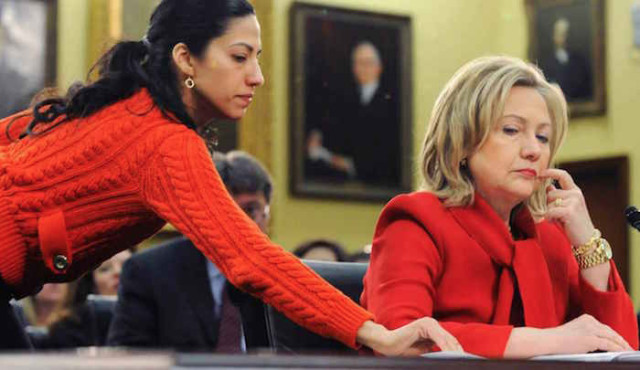
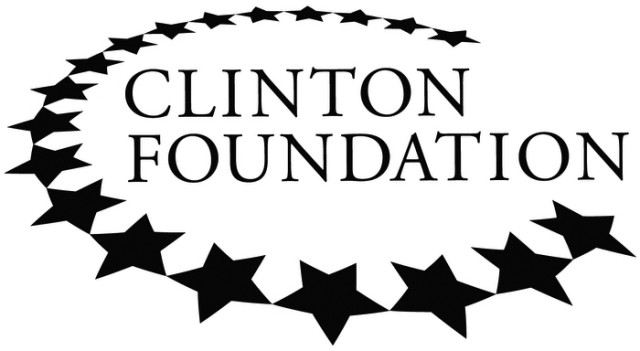
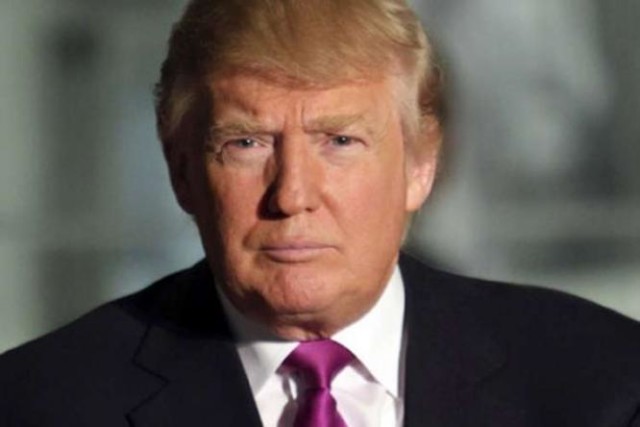
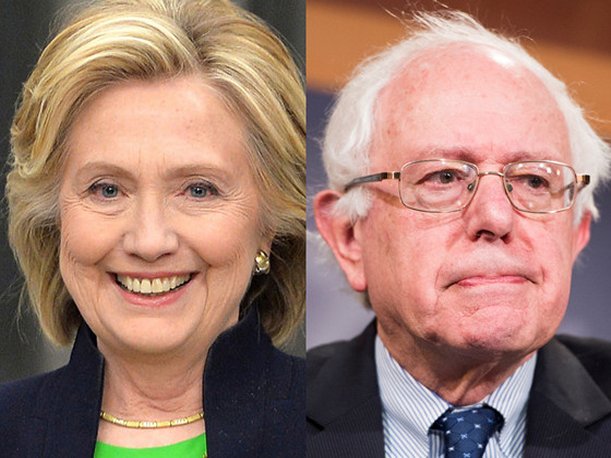




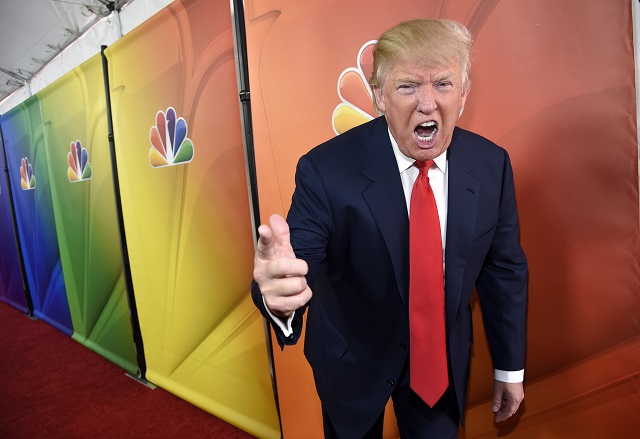
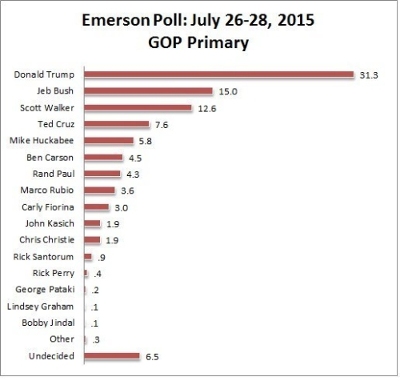
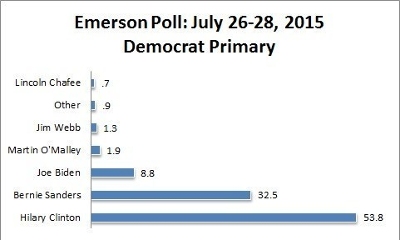
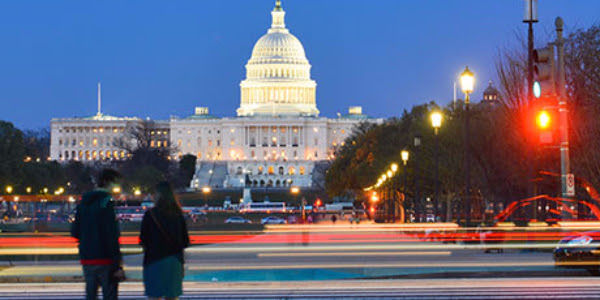


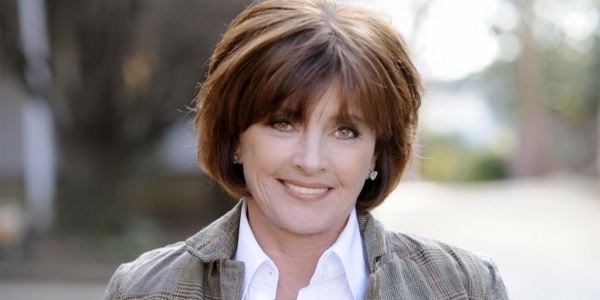
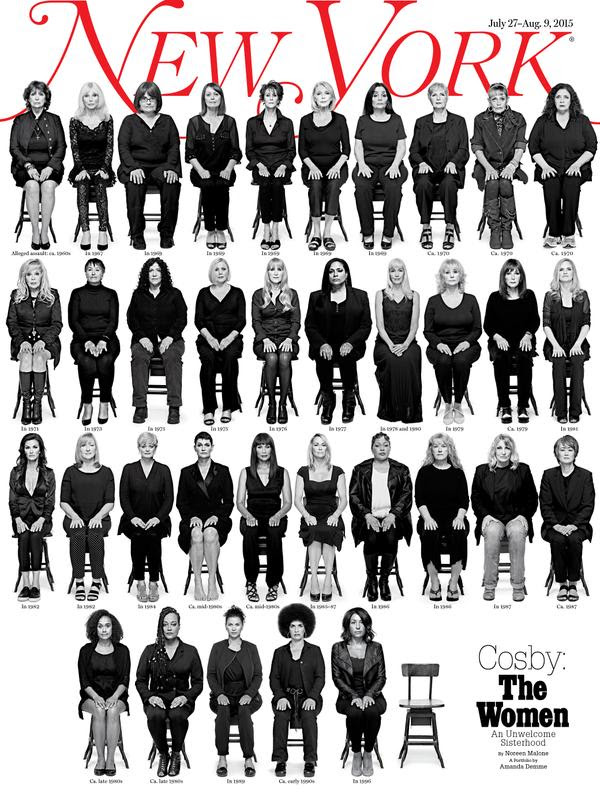 In the New York magazine cover story article on
In the New York magazine cover story article on 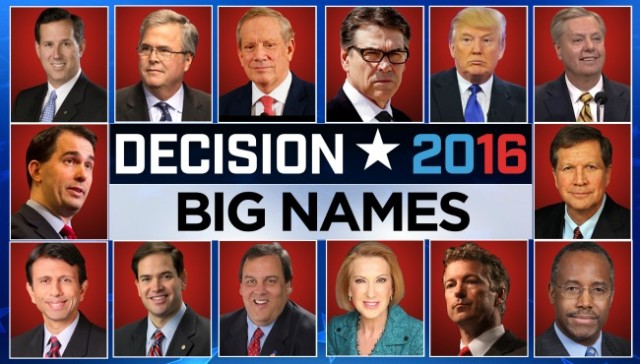
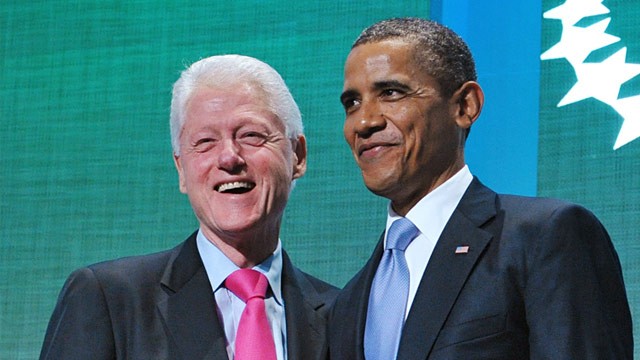
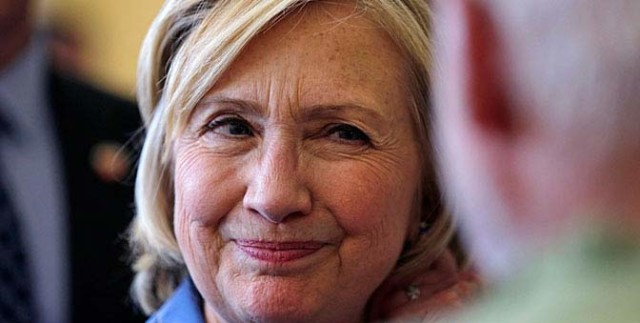
 It’s usually pretty easy to be a liberal these days. Most of their policy prescriptions and legislative proposals require nothing more than a quick talking point, with no further analysis or questions answered regarding the long-term effects of such proposals. If a liberal policymaker wants to take more money from hard working Americans via higher taxes, he or she simply throws out the “pay your fair share” talking point and doesn’t ever worry about explaining to hard-working Americans what their “fair share” is. If a liberal policymaker wants to steal away control of your health care decisions, he or she simply throws out the “health care is a right” talking point without ever explaining how declaring things as “rights” confers numerous obligations on others, all enforceable using the force of government.
It’s usually pretty easy to be a liberal these days. Most of their policy prescriptions and legislative proposals require nothing more than a quick talking point, with no further analysis or questions answered regarding the long-term effects of such proposals. If a liberal policymaker wants to take more money from hard working Americans via higher taxes, he or she simply throws out the “pay your fair share” talking point and doesn’t ever worry about explaining to hard-working Americans what their “fair share” is. If a liberal policymaker wants to steal away control of your health care decisions, he or she simply throws out the “health care is a right” talking point without ever explaining how declaring things as “rights” confers numerous obligations on others, all enforceable using the force of government.